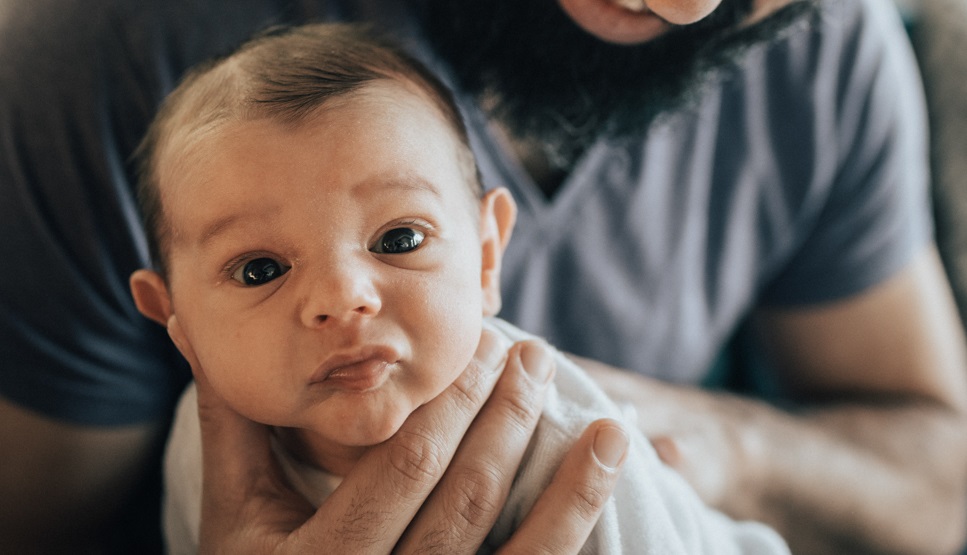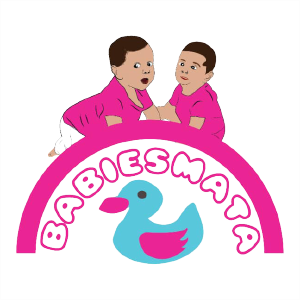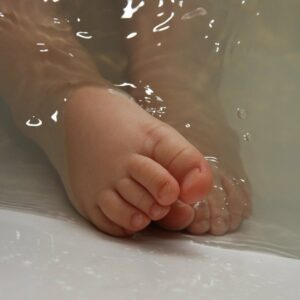How to help your baby burp

Burping your baby is an essential aspect of feeding. At times, a baby can burp on his or her own to show the satisfaction of food. In some cases, a baby might find it difficult to burp. In cases where a baby does not burp, you will need to devise means to help your baby burp.
Burping is a way of getting rid of excess or some of the air swallowed during feeding. When a baby doesn\’t burp, it can make him or her spit up, gassy, or feel cranky. One of the tricks in helping a baby burp is to pat the baby\’s back gently and repeatedly. You can put a bib or towel under his or her chin to prevent a messy and wet burp.
Burping positions
Some babies might need to burp after eating while some do not. Burping varies from baby to baby, and there are different burping positions for babies. Make sure you try out the ones that are comfortable for you and your baby. Some of them include:
1. Sitting on your laps. You rest your baby on your laps while you cup your baby\’s chin using your index finger and thumb. Rub or tap the back while your baby leans a bit forward.
2. Carrying your baby up on your shoulder. Place and allow your baby to face your shoulder. Let the chin be close a bit up your shoulder. Support your baby at the bottom with one hand while the other hand supports the back. Rub or tap the back gently.
3. Lying across your lap. Allow your baby to rest across the top of one or both knees. Ensure to use your palm to support your baby\’s head. Pat or rub the back using the other hand.
4. Walking. Ensure your baby has good head control upon your chest. Stand and walk around while your baby is firmly balanced on your chest. Use one hand to pat the back while you use the other hand to support the bottom.
Benefits of burping a baby
Some babies cannot burp all alone and therefore needs help. There is usually a muscle called upper esophageal sphincter in babies. This muscle is undeveloped and relaxes when we swallow. It allows the passage of food and saliva, as well as gas when we burp.
The case is different in babies as these muscles do not relax on their own when gas needs to pass. Failure of the gas to escape as a burp causes tummy pain for the baby because the gas moves to the intestine.
Therefore, you need to burp your baby to prevent this pain. When you burp a baby, you help her get rid of air swallowed during feeding. It, in turn, keeps the baby from spitting up, becoming gassy, or cranky.
Also, a baby has a very tiny stomach. The presence of gas takes a whole lot of space in this small stomach. When you burp your baby, you tend to release the gas and give room for food to stay.
What leads to the presence of gas in the baby\’s stomach?
Listed below are ways in which a baby ends up with gas in their digestive system:
1. Air swallowing. When a baby feeds, there is a probability of swallowing air. The faster they feed, the higher the chance. In a breastfeeding mother who produces lots of milk, the child is likely to swallow more air. In bottle feeding babies as well, using a feeding bottle with a large nipple can increase the air intake.
2. Digestion. The digestive system consists of bacteria that aids in the digestion of food. When these bacteria act upon the food, they release gas. The gas needs to be gotten rid through burping. The rate at which a particular food produces gas differs from another food type. The food the mother consumes passes to the child through breastfeeding. As a result, a baby can end up having plenty of gas in the digestive system if the mother consumes food, resulting in gas formation.
3. Food intolerance. A baby can develop food intolerance. It means there is poor absorption of food. Such food may end up being difficult to digest. It will then be broken down by gas-forming bacteria. In this case, babies may develop food intolerance as a result of the food the mother eats, which passes through breastfeeding. As such, the baby might be gassier. Also, a baby can develop food intolerance and be gassier if they react to one of the nutrients used in making the formula.
When should you burp your baby?
Usually, there are no rules as to when to burp your baby. Some may need to be burped during feeding, while some may be after feeding. Babies usually show signs when they need to be burped. Watch out for those clues they show while feeding them.
Some might seem uncomfortable at a point while feeding. If that is the case, take a burping break before you continue feeding. If the baby looks fine, you can wait until the end of the feeding. During burping, your baby might bring out milk. Always have a bib or napkin close by to wipe that.
Burping a baby varies but you can follow these guidelines on when you need to burp your baby:
1. You need to burp your baby at the end of every meal
2. If you switch breasts during breastfeeding
3. If your baby is fussy during a feed which is usually a sign of gas in babies
4. If your baby is bottle-fed and has consumed a whole bottle and needs another one
If all the listed burping techniques do not work for your baby and he keeps crying and showing difficulty in burping, try to lie him on the back. You can then gently pat or massage the tummy. The process should ease them of the gas in their stomach. In case these still don\’t work, you\’ll need to consult your doctor.







